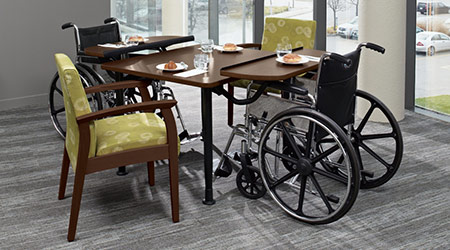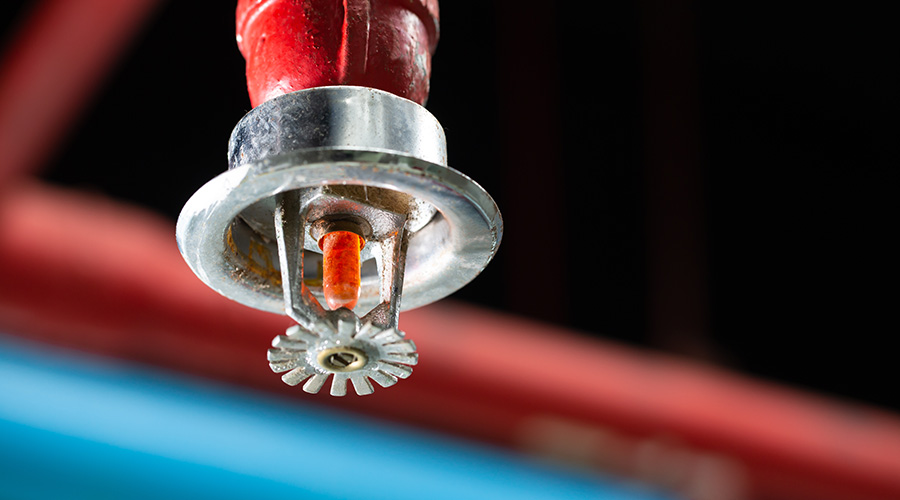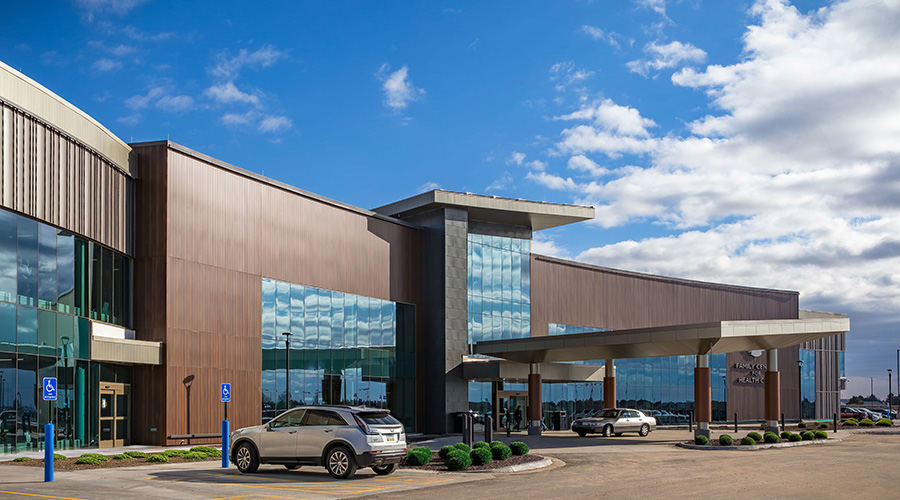Most people don’t consider the challenges of accessibility in their daily lives. It’s easy to forget we don’t always live in a world that enables the differently-abled. For those who live with a mobile disability, even something as simple as eating at a restaurant, accessing public buildings, or finding a bathroom can be an ongoing struggle. In a Tedx talk by Canadian Paralympian Joel Dembe, Joel talks about how some of Canada’s most exciting and dynamic neighborhoods still remain largely inaccessible for people with physical disabilities.
There’s still a long way to go when it comes to making public spaces more accessible. And this begins with changing the way we think about accommodation. It should be normalized—and many types of designers are doing this through their design. Here are four furniture designs that cater to accessibility needs:
1. Adjustable dining tables
Whether it be at restaurants, nursing homes or cafeterias, providing an accommodating dining experience for those in wheelchairs can be done with adjustable tables.
Modern ergonomically designed tables, such as the Enable and Tablet tables, is an example that offers a surface over the lap of the wheelchair, so one can enjoy their meals or recreational activities with family and friends. By extending the surface beyond the base table, these furniture solutions create accommodation with ease.
2. Accommodating bathrooms accessories
While a sensitive subject, the difficulties of finding a public bathroom as a differently-abled person is a large issue that remains unresolved. While more smartphone apps help disabled people find accommodating bathrooms, a perfect world would mean the ability to not have to search at all. More could be done to make public restrooms more accessible.
For instance, restaurants, hotels, and fitness centers can implement accommodating bathroom features without undergoing large renovation projects. Some simple features that could make a big difference includes:
• Doorless showers
• Trench drains to catch water systems for a step-free shower
• A toilet paper holder or grab bar
• Mounted sinks without cabinets underneath
• Lower light switches
While some of these features are implemented in public spaces, they aren’t widespread or standard installations. This is a shame as the above features are unnoticeable and can easily blend into modern bathroom, without influencing the aesthetic or design.
3. Adjustable desks
Similar to adjustable dining tables, many offices and schools should also provide accommodation to those who need it. One way to do this is through height adjustable desks. These desks can be adjusted at different heights.
Because of the negative health effects associated with sitting down or long periods of time, standing desks are becoming more common in the office to address this concern.
However, we hardly see these products marketed as the amenity to those who need it, such as disabled persons. While these desks cater to employees’ height and seating preferences, they aid colleagues that also use wheelchairs, and those who may need a desk height beyond the standard.
4. Ergonomic seating
Disability comes in a spectrum. It can range from more severe cases to minor ones. For instance, the farthest end of the spectrum may be a need for a wheelchair; on the other end, neck, legs or overall body mobility issues may hold certain individuals back. To accommodate a wide range of mobility needs, it’s important to invest in ergonomic seating.
To accommodate this, shorter seat depths and elevated arm rests will be the most optimal choice, such as the Wind chair. While not a chair catered to just the differently-abled, the design does provide a better choice than a high-depth seat and low armrest combination.
Other chairs to consider, especially for public waiting areas and nursing facilities, include recliner-type sofas — such as the Primacare Recliner.. Again, this design provides support for those with difficulties getting from a sitting to a standing position, and vise versa.
Customizable ergonomic chairs, such as the Tritek Ergo Select,, also accommodate diverse needs. By simply improving body posture, a design like this minimizes stress on the body, and reduces pressure on the trouble area.
Convenience for everyone
Workplaces are often designed by and for people without disabilities—and this has to change. Providing accommodation to those with disability or special needs shouldn’t be an inconvenience, an afterthought, or a major strain on resources; especially in a corporation, a public space, government buildings and healthcare facility. With modern furniture designs, public and private spaces can transform into accessible environments for everyone, and with enough effort, still allow us to enjoy beautiful, great-looking design.

 Fire Protection in Healthcare: Why Active and Passive Systems Must Work as One
Fire Protection in Healthcare: Why Active and Passive Systems Must Work as One Cleveland Clinic Hits Key Milestones for Palm Beach County Expansion
Cleveland Clinic Hits Key Milestones for Palm Beach County Expansion Emanuel Medical Center Caught Up in Data Breach
Emanuel Medical Center Caught Up in Data Breach Assisted Living Facility Violated Safety Standards: OSHA
Assisted Living Facility Violated Safety Standards: OSHA McCarthy Completes Construction of Citizens Health Hospital in Kansas
McCarthy Completes Construction of Citizens Health Hospital in Kansas